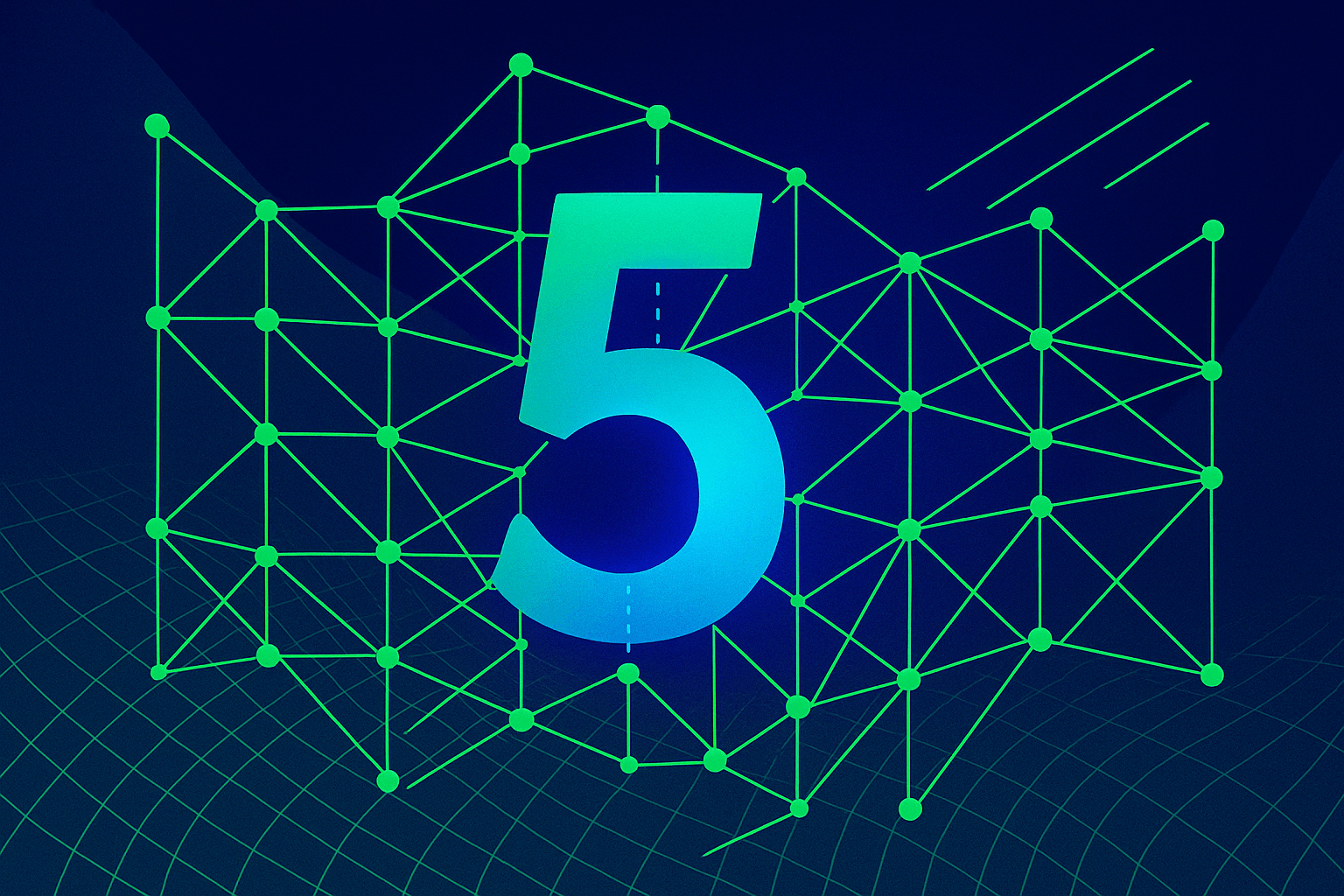A deleted GitHub post gives an early look at OpenAI’s next major model, GPT-5

A now-deleted blog post on GitHub has given an early look at OpenAI's next major model, GPT-5.
First spotted by Reddit users and reported by The Verge, the leaked post describes GPT-5 as a significant step forward in reasoning, code generation, and overall user experience. According to GitHub's documentation, the new model tackles "complex coding tasks with minimal prompting" and introduces "enhanced agentic capabilities," allowing it to act as a more autonomous assistant.
GitHub calls GPT-5 OpenAI's "most advanced model" so far, positioning it as both a powerful coding collaborator and a smart assistant.
Four GPT-5 variants for different needs
The archived post details four versions of GPT-5, each aimed at a specific use case:
- gpt-5: Built for logic and multi-step tasks
- gpt-5-mini: A lightweight option for cost-sensitive scenarios
- gpt-5-nano: Tuned for speed and low-latency applications
- gpt-5-chat: Designed for advanced, multimodal, and context-aware conversations in enterprise settings
GitHub says GPT-5 supports more autonomous task execution, working with fewer and shorter prompts. The model is designed to provide clearer explanations and be more context-aware, especially in enterprise and software development environments.
Incremental, not revolutionary
A recent report from The Information lowers expectations for GPT-5. Internal testing suggests the model brings improvements in math, coding, and following instructions, but the performance jump is smaller than what users saw going from GPT-3 to GPT-4.
OpenAI's original candidate for GPT-5, a large language model codenamed "Orion," didn't meet expectations and was instead released as GPT-4.5. That version only offered marginal improvements, ran slower and cost more than GPT-4, and quickly faded from view.
OpenAI has also tested "reasoning models" like o1 and o3, which performed well in specialized domains but lost key abilities when adapted for chat. For example, o3-pro excelled in expert benchmarks but struggled with basic conversation, sometimes using excessive compute just to generate simple greetings.
With GPT-5, OpenAI is aiming for a better balance between advanced reasoning and reliable, everyday communication. The new model reportedly includes mechanisms to dynamically allocate compute resources based on task complexity, possibly avoiding the kind of overthinking that plagued earlier models.
AI News Without the Hype – Curated by Humans
As a THE DECODER subscriber, you get ad-free reading, our weekly AI newsletter, the exclusive "AI Radar" Frontier Report 6× per year, access to comments, and our complete archive.
Subscribe nowAI news without the hype
Curated by humans.
- Over 20 percent launch discount.
- Read without distractions – no Google ads.
- Access to comments and community discussions.
- Weekly AI newsletter.
- 6 times a year: “AI Radar” – deep dives on key AI topics.
- Up to 25 % off on KI Pro online events.
- Access to our full ten-year archive.
- Get the latest AI news from The Decoder.